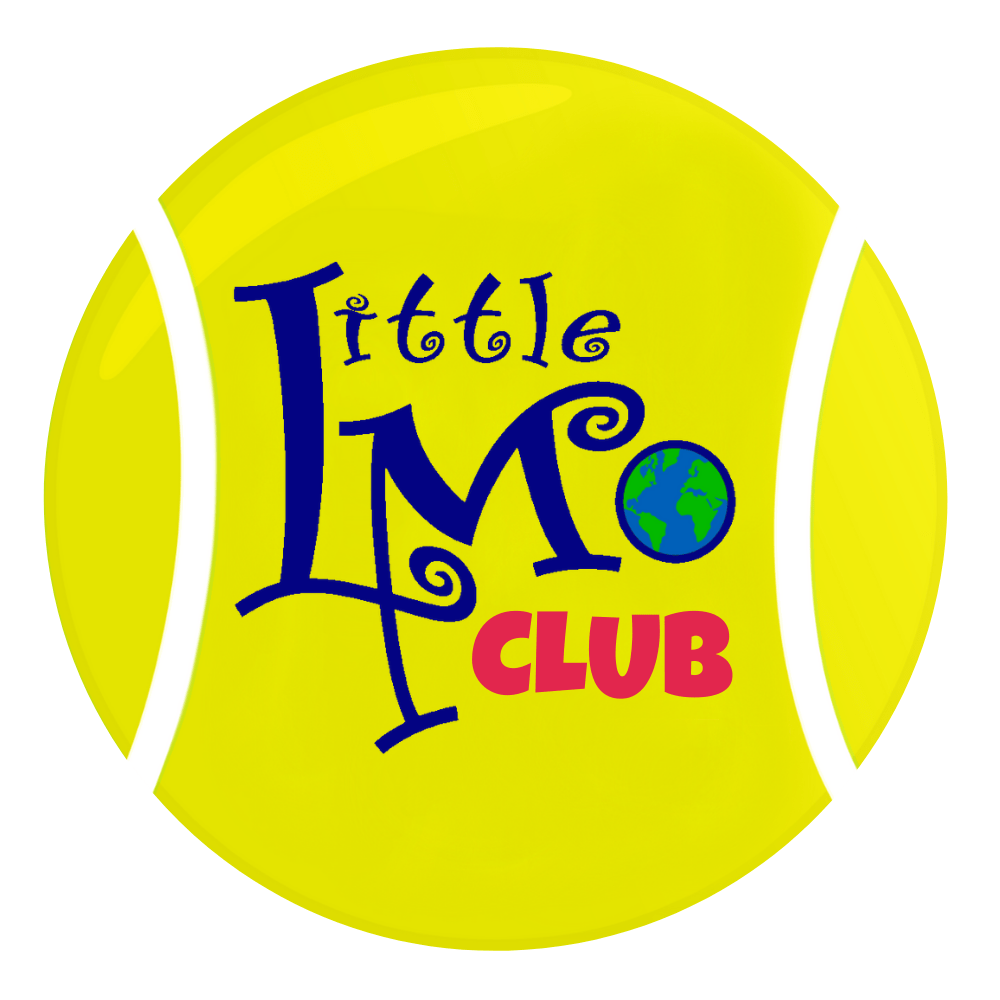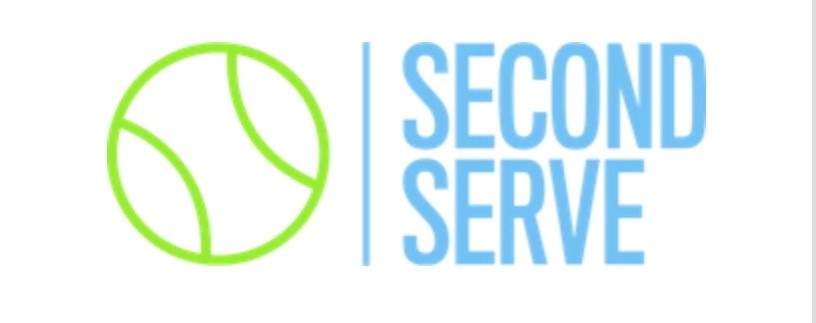At What Age Should My Junior Start a Tennis Specific Fitness Program?

Up Next
 The Sol Continues to Shine
The Sol Continues to Shine
The following Guest Post was provided by Jeff Drock, MS, CSCS, Tennis Specific Footwork and Physical Conditioning Specialist. You can reach him via email at [email protected] and find him online here and on Instagram @superfittennis.
There is still a broad based misconception that weight training causes injuries to young children, but the current research has shown that there are actually many benefits (including prevention of injuries) to having a competitive tennis playing child get started with fitness training for tennis. With that being said, it is absolutely essential to have a credible strength and conditioning coach guide them. Unfortunately, weight training can be dangerous and cause injury if your child is either training by themselves or under the guidance of an underqualified trainer.
“My child is too young to be involved with a weight lifting program!” This is one of the most commonly heard objections of parents who want to improve their junior tennis playing child’s fitness for tennis level, but have hesitations about the safety of weight training/resistance training. Lifting weights for the purpose of injury prevention and/or performance enhancement is still relatively new to the junior tennis world. In the past, even professional tennis players were told that lifting weights could cause them to become too bulky to hit tennis balls correctly or move around the court efficiently. Today, most (if not all) professional players and high level junior tennis players take part in a functional tennis fitness program that is individualized for their particular needs and places injury prevention as the #1 priority. Properly incorporated strength training can make a player’s tendons, ligaments, and muscles more resilient to injury. That is certainly why I, Jeff Drock, have always included functional strength and conditioning for the players I work with. Yes, I have routinely performed strength training with players as young as 8 years old. Note: Strength training can mean bodyweight exercises, medicine ball training, resistant band work, weight training, and various other resistance equipment.
It is not my intention to completely destroy the myth that ”children should not lift weights.” If I had a nickel for every time I have heard a parent say that their child is too young or too small to lift weights, I would be quite wealthy. Parents oftentimes explain their position by claiming that weightlifting will injure the growth plates and therefore stunt their child’s growth. Yes, it is true that if a child participates in low-repetition/high intensity weight training, with incorrect form, they are likely to get injured and that can also cause problems with their growth plates. On that note, it is important to remember that unsupervised or incorrectly supervised low repetition/heavy weight training is dangerous and not at all specific to tennis.
I will readily admit that several years ago even the experts believed that strength training for children was unsafe and ineffective, but there was a definite paradigm switch during the late 1990’s. Since that time, several controlled research studies have shown the positive effects and safety of weight lifting for children. The major organizations involved with and advocating the “Children Lifting Weights’ movement include reputable organizations such as: The American College of Sports Medicine (ACSM), The National Strength and Conditioning Association (NSCA), and The American Academy of Pediatrics (AAP).
The American Academy of Pediatrics (AAP) has an official stance that participation in a properly supervised weight training program can actually reduce the risk of overuse injuries in youth sports because the weight training helps the child’s muscles and tendons become more resilient and proficient! This simply means that the child’s musculoskeletal system becomes better suited to handle the sporting activity that they are participating in (in this case tennis). In June of 2001, The American Academy of Pediatrics did an extensive literature review on Strength Training for children and adolescents (Vol. 107, NO. 6, Pg. 1470-14772). From this review, it was concluded that weight training/strength and conditioning is a safe and effective activity as long as it is properly supervised by a professional and credible fitness trainer and it adheres to training specificity in order to meet the particular demands of the sports that the child is participating in.
In December 1996, the extremely reputable National Strength and Conditioning Association (NSCA) put out an official position paper on youth training. The NSCA organization publishes two journals on strength and conditioning and is considered the governing body of strength and conditioning. It is the current position of the NSCA that a properly designed and supervised conditioning program is:
1. Safe for children
2. Can increase the strength of children
3. Can help to enhance motor skills and sports performance of children
4. Can help to prevent injuries in youth sports and recreational activities
5. Can help to improve the psychosocial well-being of children
6. Can enhance the overall health of children
I hope that this serves to enlighten and open up the minds of those who are worried about having their young junior tennis playing children participate in a properly designed and supervised fitness for tennis program. In my particular strength and conditioning programs with tennis playing children, weights are seldom used because they are simply not usually specific to the goals we want to accomplish. In my world, a tennis specific conditioning program for a child would consist of medicine ball training, bodyweight training, (different types of lunges, pull-ups, pushups, full body crawls, and abdominal/core exercises), and speed/quickness/agility/ and anaerobic endurance training.
The age a player should begin tennis workouts should perhaps depend on their mental maturity level. Some 8 year olds are certainly mature enough to begin a conditioning program and some 13 year olds are not mature enough to begin a fitness program for tennis. The child must be capable and willing to listen to and do only what the strength and conditioning for tennis coach tells them to do.
I want to start out by saying that there are many excellent and highly qualified trainers for junior tennis players. With that being said, I have always found it strange that parents tend to do an enormous amount of research prior to choosing a tennis coaches, but generally don’t do nearly enough research about a fitness trainers background. Parents really do need to be cautious about who trains their child because fitness training and/or strength and conditioning are unregulated fields (no license is required). That basically means that anyone can “legally” call themselves an expert fitness trainer, a master strength coach, or anything else for that matter. Heck, trainers can even “LEGALLY” make up their own certifications and I have seen it done! Before parents hire a trainer for their child, it would be wise to ask the potential trainer about their training philosophy and experience working with junior tennis players. No parent should be fearful about asking to see proof of a potential trainer’s schooling, certifications, insurance, and parents should even get a few references. Qualified trainers will be greatly appreciative and respect the parent more for doing their due diligence. Other questions parents should ask are whether or not the trainer will be doing pretesting, periodic evaluations, and find out what plan they have for improving the child. Warning: A trainer may work for a famous academy, train a highly ranked player, or be a former pro athlete, but that does not automatically mean they are qualified to work with a junior tennis player. How do I know this? For the past 20 years, I have been a trainer for several highly level junior tennis players and only a handful of parents have asked to see proof of my certifications, degrees, references, insurance, or anything for that matter. “Caveat emptor” or “Let the Buyer Beware.”













Comments are currently disabled for this post